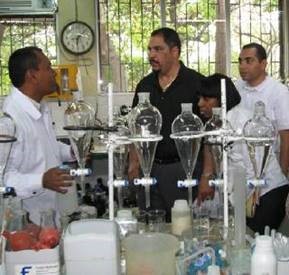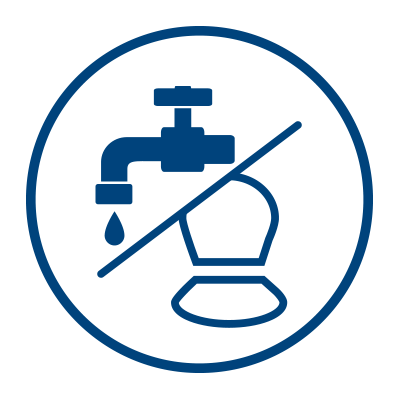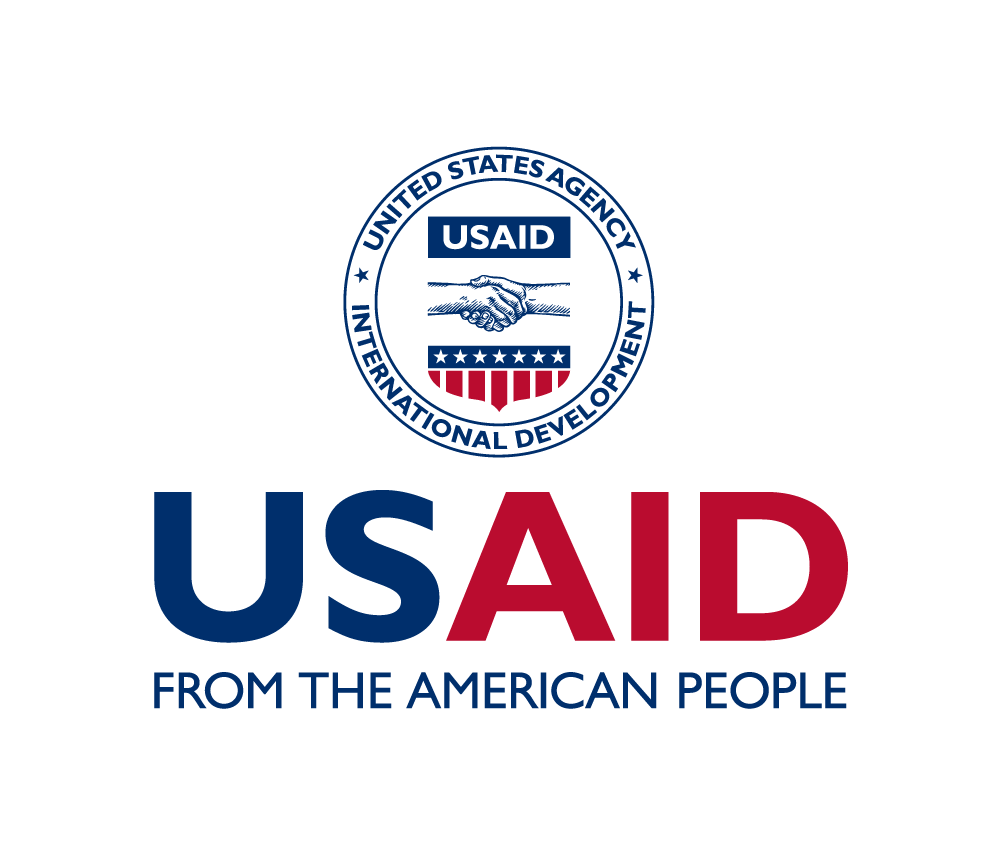Lab Capacity-Building Program Under the U.S- Central America and Dominican Republic Free Trade Agreement

The Story
Many countries in Central America are rich in water resources but sadly, a low percentage of the population is connected to sewerage and little wastewater generated is treated. Management of existing water resources is key to the well-being of the population, and monitoring becomes critical for government authorities to manage and enforce pollution control programs.
The EPA’s lab capacity building project aimed to improve the quality, safety, and security of 12 laboratories in the region (Guatemala, Honduras, El Salvador, Nicaragua, Costa Rica, Panama, and the Dominican Republic). The EPA provided scientific manuals while USAID provided laboratory equipment. These interventions improved performance and ensured wastewater analyses results complied with the quality requirements established by the International Organization of Standardization.
The capacity building project contributed to improvement of the analytical capabilities of the participating laboratories, as well as the professional growth of their staff. The laboratories in Costa Rica, El Salvador, and Panama pursued their own certifications and accreditations with international accrediting institutions. In addition, staff received special recognitions by their institutions due to their dedication to this project. In some instances, laboratories were granted budget increases to acquire new analytical equipment, expand working space, and hire new personnel. The University of Costa Rica and the Water and Physical-Chemical Services Laboratory (LASEF), University of Chiriquí, Panama participated in a Laboratory Study Tour of the EPA Region Four laboratory, in Athens, Georgia. LASEF and university study tour participants also visited several wastewater treatment plants.
At the end of the project, and as a result of a 2018 regional forum for all the participating laboratories hosted in Panama, LASEF spearheaded the creation of the Central American and Dominican Republic Regional Wastewater Laboratory Network (RELARECC). LASEF also promoted the development and publishing of a document to present the various analytical capabilities and strengths of the laboratories. The purpose of the regional network is to work together in an integrated and coordinated way to provide analytical support for environmental monitoring. Furthermore, laboratories can consult each other on analytical methodologies, equipment accuracy, safety, security and accreditation, among others, thus fulfilling the University of Chiriquí, Panama motto: “Taking water gives us life. Taking conscience will give us water.”
Find More
Strategic Objective(S)
 Access to Safe Drinking Water and Sanitation
Access to Safe Drinking Water and Sanitation




Highlight